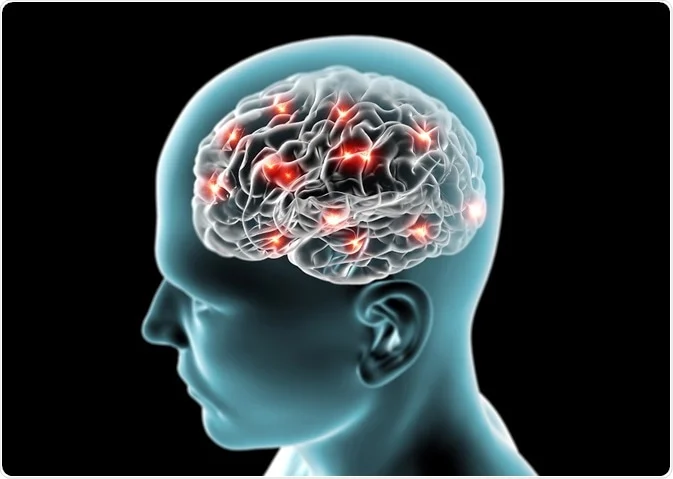Autoimmune encephalitis
An autoimmune encephalitis is a group of conditions that involve inflammation of the brain. Inflammation is one of the ways that our immune system protects the body from infection. But in autoimmune encephalitis, the immune system produces substances called antibodies that mistakenly attack the brain cells.
Types
There are two main types of encephalitis. Primary encephalitis- This condition occurs when a virus or other agent directly infects the brain. The infection may be concentrated in one area. And Secondary encephalitis – This condition results from a faulty immune system reaction to an infection elsewhere in the body.
Causes
The exact cause of autoimmune encephalitis is often unknown. But when a cause is known, the most common is a viral infection. Bacterial infections and non-infectious inflammatory conditions also can cause encephalitis. Rarely, some cancers can trigger an autoimmune response (when the immune system attacks the body’s own tissues).
Symptoms
People with autoimmune encephalitis have a wide range of symptoms, and not everyone will have the same symptoms. The early phase of the disease may include flu-like symptoms, such as headache, fever, nausea, and muscle pain. Later symptoms may be more severe, such as a lower level of consciousness and possible coma. Common symptoms include impaired memory and understanding, unusual and involuntary movements, difficulty with balance, speech or vision, insomnia, weakness or numbness, seizures, severe anxiety or panic attacks, hallucinations, and paranoid thoughts.
Treatment
Early treatment of autoimmune encephalitis can greatly reduce symptoms and reduce the chances of long-term complications. Treatments may include surgery, steroids to reduce brain inflammation and the immune system’s response, plasma exchange, or immunosuppressant medications if other treatments are not effective.
Treatment at home
Some common therapies may be very helpful to improve recovery. Physical therapy to improve strength, flexibility, balance, motor coordination, and mobility, Occupational therapy to develop everyday skills and to use adaptive products that help with everyday activities, Speech therapy to relearn muscle control and coordination to produce speech and Psychotherapy to learn coping strategies and new behavioral skills to improve mood disorders or address personality changes.
When to see a doctor
Get immediate care if you are experiencing any of the more severe symptoms associated with autoimmune encephalitis. A severe headache, fever and altered consciousness, seizures, or severe anxiety and panic attacks require urgent care.

